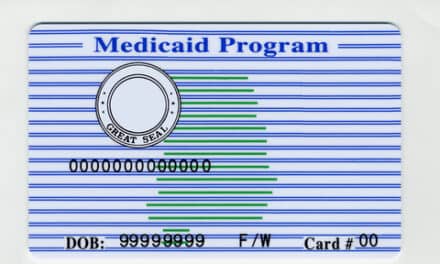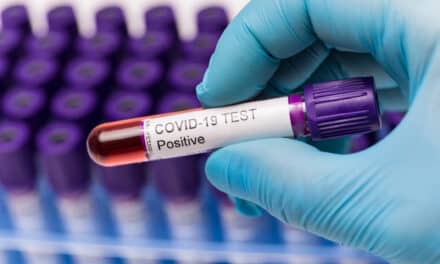The JADA paper examines the growing need for oral care in underserved communities and how it relates to race in the profession.
A new paper published in the Journal of the American Dental Association (JADA) contemplates race and the professional and moral obligation of dental professionals to offer care to underserved communities.
The paper “Racial Disparities in Oral Health Care” finds that despite the expansion of Medicaid and the Children’s Health Insurance Program, the portion of Americans living in health professional shortage areas (HPSAs) has increased from 16.6% in 2011 to 22.4% in 2023.
Paper authors Sylvia Frazier-Bowers, DDS, PhD, Carol Anne Murdoch-Kinch, DDS, PhD, and E. Angeles Martinez-Mier, DDS, MSD, PhD, also examined an incident that changed oral care support in Maryland. In 2007, a young boy died of complications related to an untreated dental infection, even though treating the disease would have cost as little as $80, according to the paper.
As a result of that incident, public policy changed locally and internationally.
“It catalyzed public policy reform through the Children’s Health Insurance Program, including a provision requiring states to offer dental services to children covered by Medicaid and expanding benefits in the Patient Protection and Affordable Care Act in 2010. It improved the oral health care system in Maryland through increased reimbursement rates for dentists accepting Medicaid, expanded the number of dental providers, and enhanced outreach to low-income families,” the authors wrote.
The paper also looks at the relationship between the race of a doctor and their propensity toward accepting Medicaid and CHIP for children’s dental services. Although black doctors make up just under 4% of dentists in the US, they were the most likely to participate in these programs, at 63%. The authors used these statistics to consider what greater representation within the dental profession could mean for oral care in underserved communities.
“The individual and collective obligation remains: to use our skills, knowledge, and resources to contribute to the well-being of others, especially those who are less privileged or in need,” wrote the authors. “It should cause every US citizen whose name bears the letters DDS or DMD to self-reflect on the professional oaths we ceremoniously recite and realize their power and opportunity to make history and change the world.”
Photo 180642449 | Healthcare © Prostockstudio | Dreamstime.com









